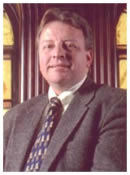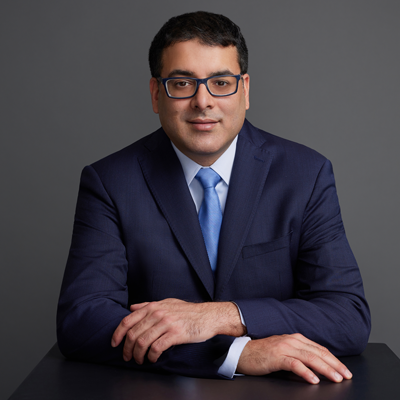The statements are always the same: "We did not see any warning signs." Accounts of child sexual abuse shock our senses. But there are some warning signs people should be aware of. Although they should not lead to witch hunts against innocent people, they should raise people's level of alertness.
Habitual child molestation is an addiction, a behavior, and not a single disorder. It is an addiction to a process rather than a substance like alcohol or drugs. Screening for sexual attraction to minors - for both pedophilia (attraction to prepubescent minors) and ephebophilia (attraction to post pubescent minors) - is very difficult, even for experienced psychologists.
But some behaviors should raise questions. Sometimes problems can arise when an adult relates to young children or teenagers as an equal or a peer. Mentoring or caring relationships are appropriate, but an adult in a supervisory role should always be an adult first, friend second.
Some cases of child molestation happen because the adult believes he or she is a peer of the child or teen, and therefore there is nothing wrong in the adult's behavior. Pedophiles and ephebophiles may have the body of an adult, but their psychic age is closer to that of the child. All adults should take an active role in making sure their children or teens see every adult as a "leader," "grown-up," "Mr.," or "coach," not as a peer, buddy, or equal.
Sometimes abusers of young people have no adult interests of friends. Yes, many good teachers are also after-school coaches or drivers' ed instructors. But they also have an adult life, friends, a social circle that does not include children or teens after hours. In fact, most teachers and other adults who work closely with young people need to spend time away from them just to rest and enjoy adult relationships.
Sometimes people who abuse younger people live for work. Workaholism may be the way they seek recognition - they work for affirmation and a sense of being valuable. One might live for the praise of working with children or teens, but one's life should be more than one's work. All people need vacations, days off, and rest. Compulsive work habits and long work hours are not healthy for anyone.
The sexual predator or addict substitutes a sick relationship with an event or process for a healthy relationship with others. For the predator, the reproductive system is transformed into a mood alterer, a drug. It is no longer the basis for creative and loving relationships; it is used for itself alone. The object the sex addict or predator seeks is not pleasure. No, sex is a painful and humiliating experience, devoid of true pleasure. The adult is really looking for an element of risk and danger. The more risk the more the excitement.
As the addict or predator ascends the scale from lower levels of sexual addiction (masturbation, pornography, and prostitution) to upper levels (incest, rape, and child molestation), the progression is marked by increasing risk. The adult who is addicted to child sexual abuse, as opposed to the compulsive masturbator, is addicted to dangerous and risky sexual behavior not because such behavior is sexual, but because it is risky and dangerous. Adults who engage in such behaviors do not do so because they relish sexual pleasure; they do so because they hate themselves. This self-hatred causes them to focus destructively and relentlessly on objects outside themselves.
All caring adults should be open and honest in taking responsibility for identifying these warning signs for child sexual abuse. To identify ad addiction is not to condemn; it is to present an invitation for intervention and healing.
Rev. David O'Leary, S.T.L., D.Phil., is the University Chaplain at Tufts University. He is also Adjunct Professor in Comparative Religions on the Medford campus and Adjunct Professor in Medical Ethics on the Boston and Grafton campuses.
See Profile on Experts.com.
©Copyright 2000 - All Rights Reserved
DO NOT REPRODUCE WITHOUT WRITTEN PERMISSION BY AUTHOR.










